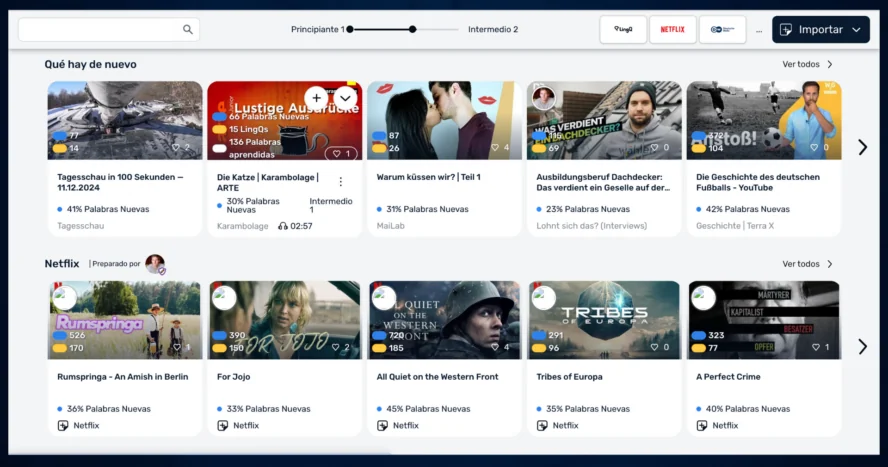Do you need a teacher to learn a language? This question is frequently asked, especially by those embarking on their language-learning journey. As a self-motivated learner, I have often discovered that I can make significant progress independently. However, this does not diminish the value that teachers can bring. In short, the answer is: you don’t necessarily need a teacher, but having one can certainly be beneficial. Let’s delve into how teachers can assist you at different stages of your language learning journey in this post.
Two Types of Language Learners
The Unmotivated Learner
For learners lacking motivation, a teacher can be a key catalyst. A teacher can ignite your interest and guide you purposefully through the language. In my own experience, I began as an unmotivated French learner during my teenage years. It wasn’t until I had an engaging, slightly sarcastic professor at McGill University that my interest was sparked. His course on French civilization, delivered with humor and passion, captured my attention.
For those who lack intrinsic motivation, a teacher can provide the spark needed to get started. A teacher can make learning enjoyable, offer external motivation, and provide the structure that some learners require to stay engaged.
The Motivated Learner
For self-driven learners, the role of a teacher is different. You may not need someone to explain grammar rules or provide basic materials. You are likely sourcing this information on your own through platforms like LingQ, podcasts, and eBooks.
If you are a motivated learner, you are likely capable of establishing a solid foundation in your target language independently. However, a teacher becomes most valuable when you reach an intermediate level in your language. A teacher can help refine your speaking skills and push you beyond your comfort zone.
When Do Teachers Help the Most?
Early Stages: Minimal Need for Teachers
During the beginner phase, especially for motivated learners, a teacher may not be necessary. At this stage, focus on immersing yourself in the language through listening and reading. Exposure to interesting, comprehensible material can help you build foundational vocabulary and develop a strong grasp of the language.
For more insights and tips on the early stages of language learning, watch my video on how I approach learning a language from scratch.
Intermediate Stages: Teachers as Speaking Guides
Once you reach an intermediate level (around B1 on the CEFR scale), teachers become invaluable. This is the stage where you are ready to speak but may struggle to express yourself fluently. Working with a patient individual familiar with assisting language learners is essential.
A good teacher or tutor can:
- Help you expand your vocabulary.
- Correct mistakes in a constructive manner.
- Push you beyond your comfort zone with phrases.
- Customize lessons to align with your interests and goals.
At the intermediate level, speaking practice is crucial, and having a patient and knowledgeable guide can accelerate your progress.
Advanced Stages: Back to Self-Reliance
As you advance toward a more advanced level, the role of the teacher diminishes. Your fluency in speaking and writing should not hinder your ability to communicate effectively, and you can refine your skills independently through conversations, advanced reading, consistent writing practice, and more. Teachers may still offer occasional guidance or feedback, but self-study becomes the main driver of growth.

The Teacher’s Role in Language Learning
With the abundance of resources available today, teachers do not need to be the primary source of knowledge. From online grammar explanations to immersive content, learners can access everything they need easily. Teachers serve as guides, offering encouragement and targeted feedback to learners instead of lengthy explanations.
Exceptional teachers inspire learners. They introduce engaging content, provide constructive feedback, and celebrate progress. Whether it’s a professional tutor, a language exchange partner, or a friend, anyone who helps you improve as a speaker can fulfill the role of a teacher.
Final Thoughts: Do you need a teacher to learn a language?
So, do you require a teacher to learn a language? Not necessarily. However, the right teacher at the right time can significantly impact your language learning journey. Whether you are a beginner lacking motivation or an intermediate learner ready to speak, a teacher can assist you in advancing to the next level.
Ultimately, language learning is a personal journey. Whether you rely on teachers or pursue it independently, what truly matters is maintaining motivation and enjoying the learning process.
Please rewrite this sentence.
Source link





